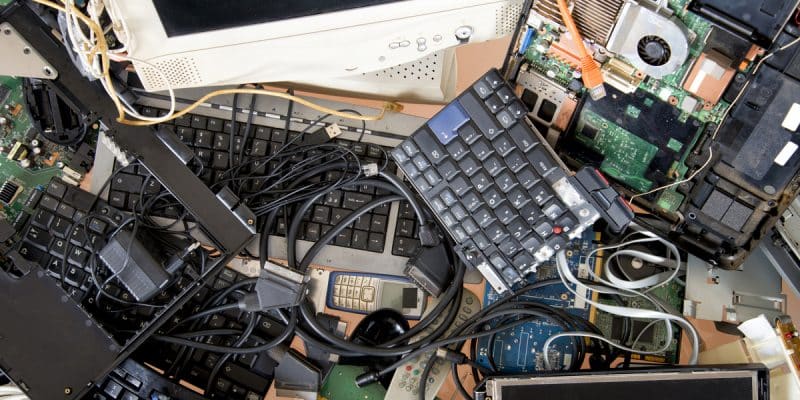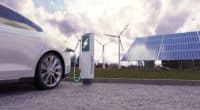The Zambian subsidiary of the Indian telecom group Airtel will use the know-how of Swedish electronics engineer Ericsson to collect and sustainably recycle electronic waste in Zambia. This is the purpose of the partnership that the two groups have just signed as part of their respective environmental responsibility programmes.
Telephone manufacturer Ericsson will make its global programme for recycling end-of-life electronics available to Airtel Zambia and its subscribers. The two mobile phone giants have signed a partnership for this purpose. In this partnership, the telecommunications operator Airtel aims to meet its social and environmental responsibilities in Zambia. “We are working with Ericsson in e-waste management not only to dispose of the waste, but also to raise awareness among the general public and all key stakeholders of the importance of proper e-waste disposal in the country,” says Apoorva Mehrotra, Managing Director of Airtel Zambia.
In most cases, when a subscriber buys a new phone, they throw away the old one. But without a suitable place to receive this waste, thousands of kilograms of computer waste end up in the wild. So the collaboration between Ericsson and Airtel Zambia will cover the collection, decommissioning, transport, storage and recycling of obsolete technology. “Our mission is to minimise the negative environmental impact of our own operations and products while providing solutions to enable a low carbon economy,” says Todd Ashton, Vice President and Managing Director of Ericsson Eastern and Southern Africa.
More than 2.9 million tonnes of e-waste generated in Africa in 2019
The initiative announced by Airtel and Ericsson in Zambia comes at an opportune time in this East African country, which like many other countries on the continent, does not have a mechanism for collecting and processing waste electrical and electronic equipment (WEEE). According to the Global E-waste Monitor 2020 study, published on July 03th, 2020 by the Global E-waste Statistics Partnership, only 13 African countries out of 43 analysed have a national policy for regulating and managing WEEE, yet the continent generated nearly 2.9 million tonnes of WEEE in 2019.
It is to face the challenge of E-waste that the Ericsson group offers its e-waste recycling programme to all its customers around the world. This was already the case with the South African mobile phone operator MTN in 2015 in Benin and in 2017 in Cameroon. The campaigns launched by the latter had resulted in the collection and recycling of 20 and 53 tonnes of end-of-life electronics respectively.
Boris Ngounou







